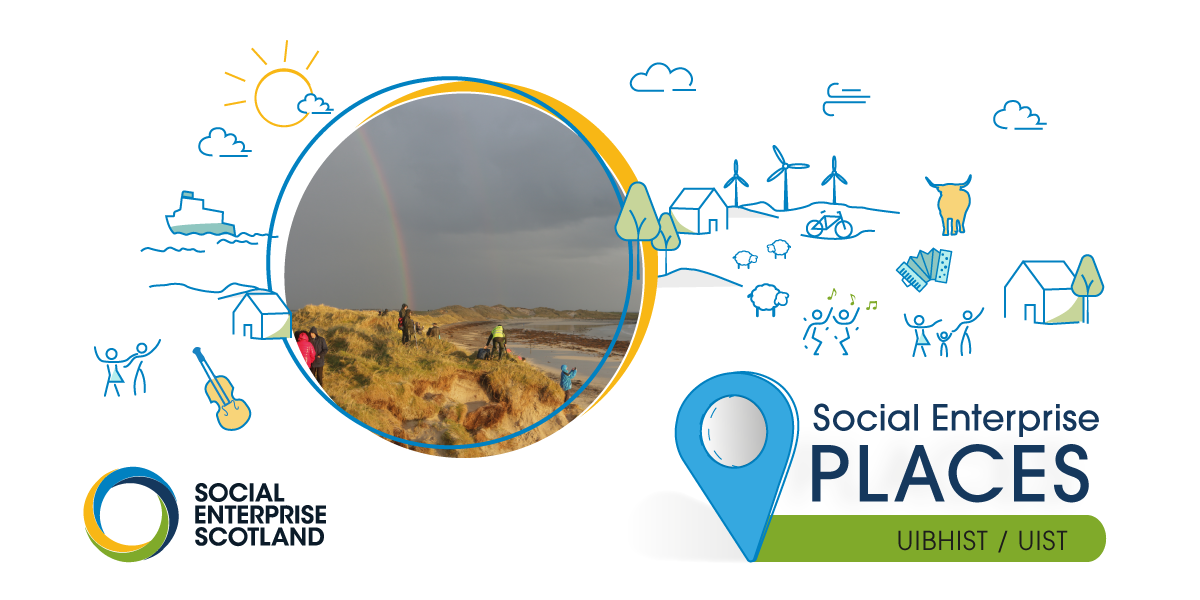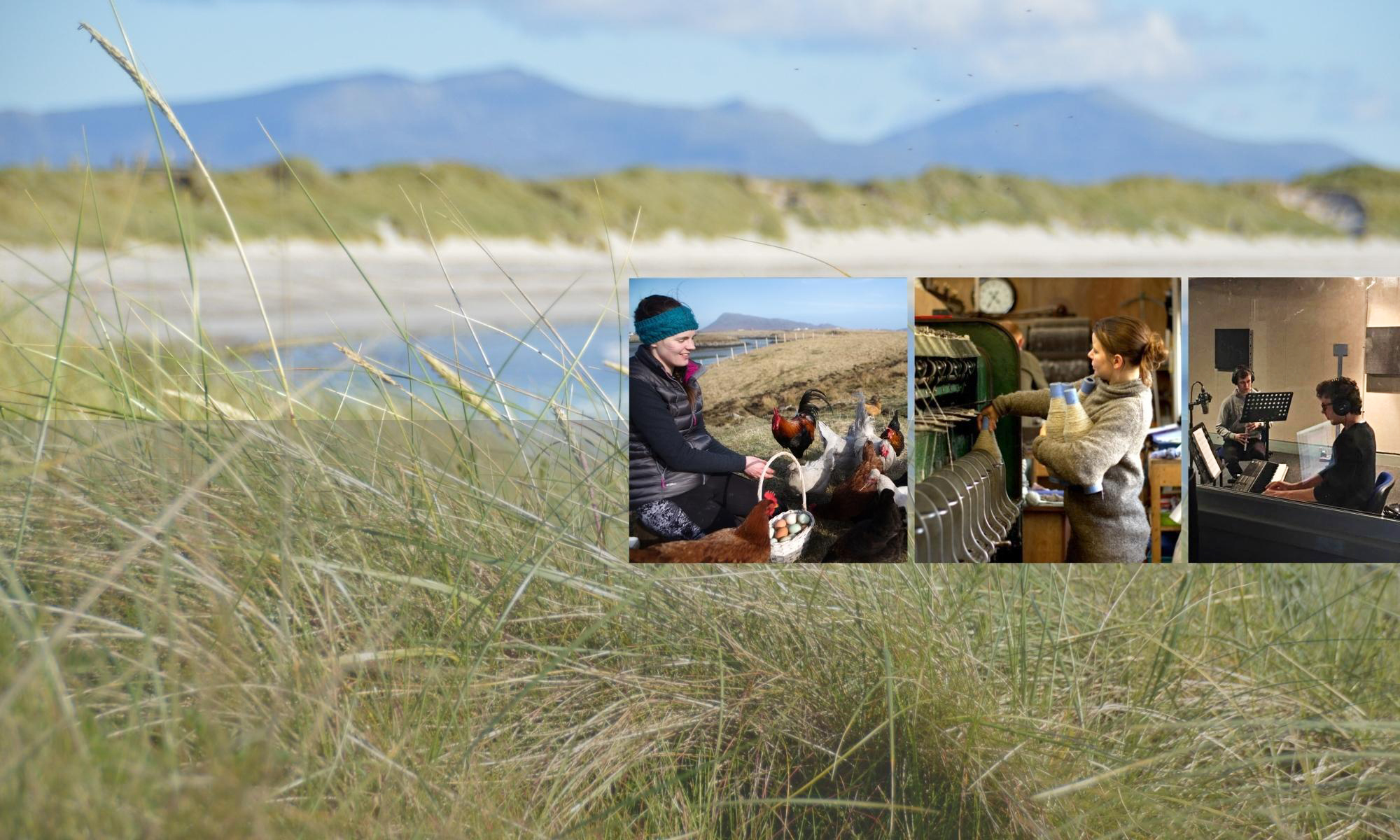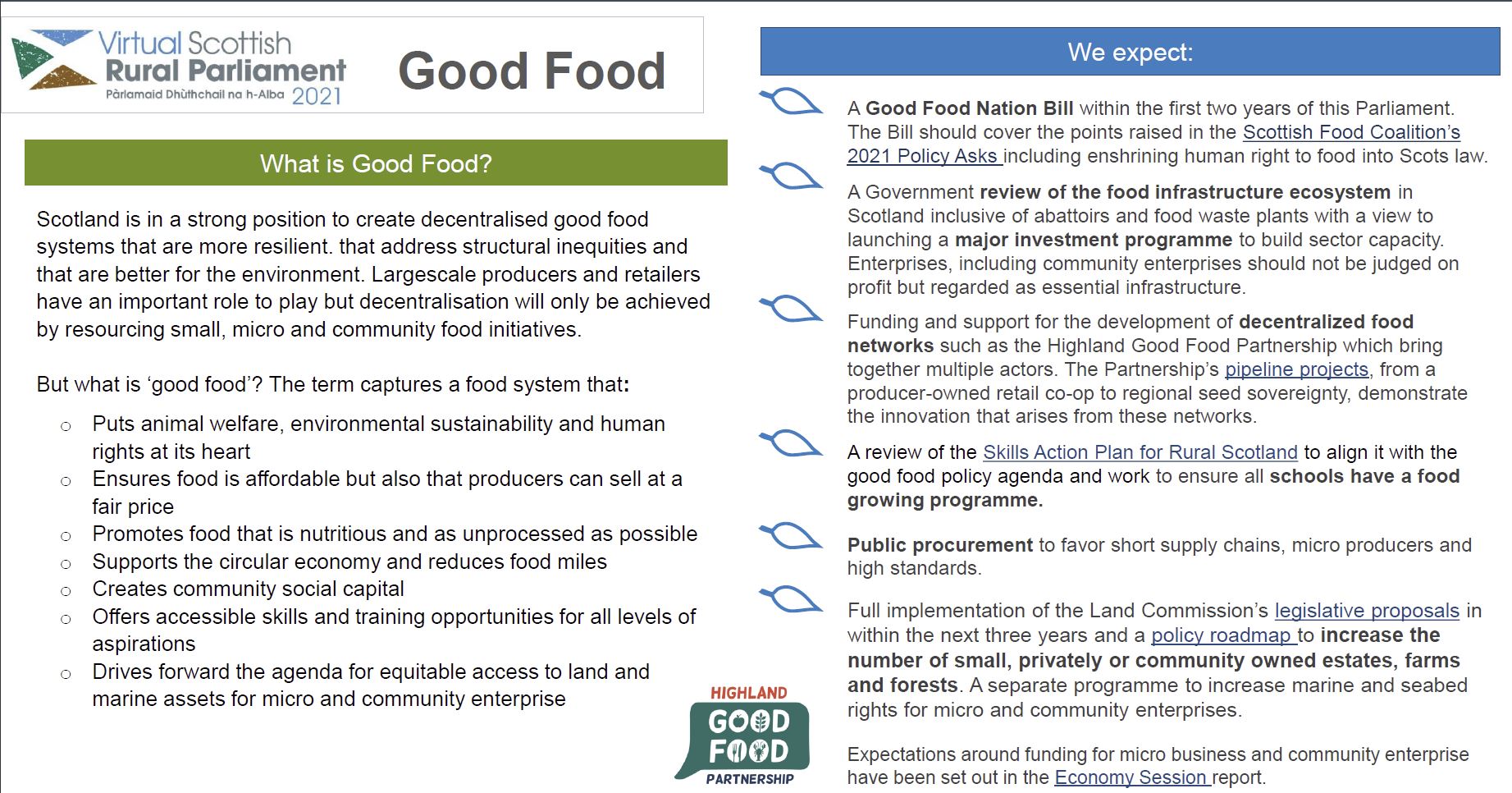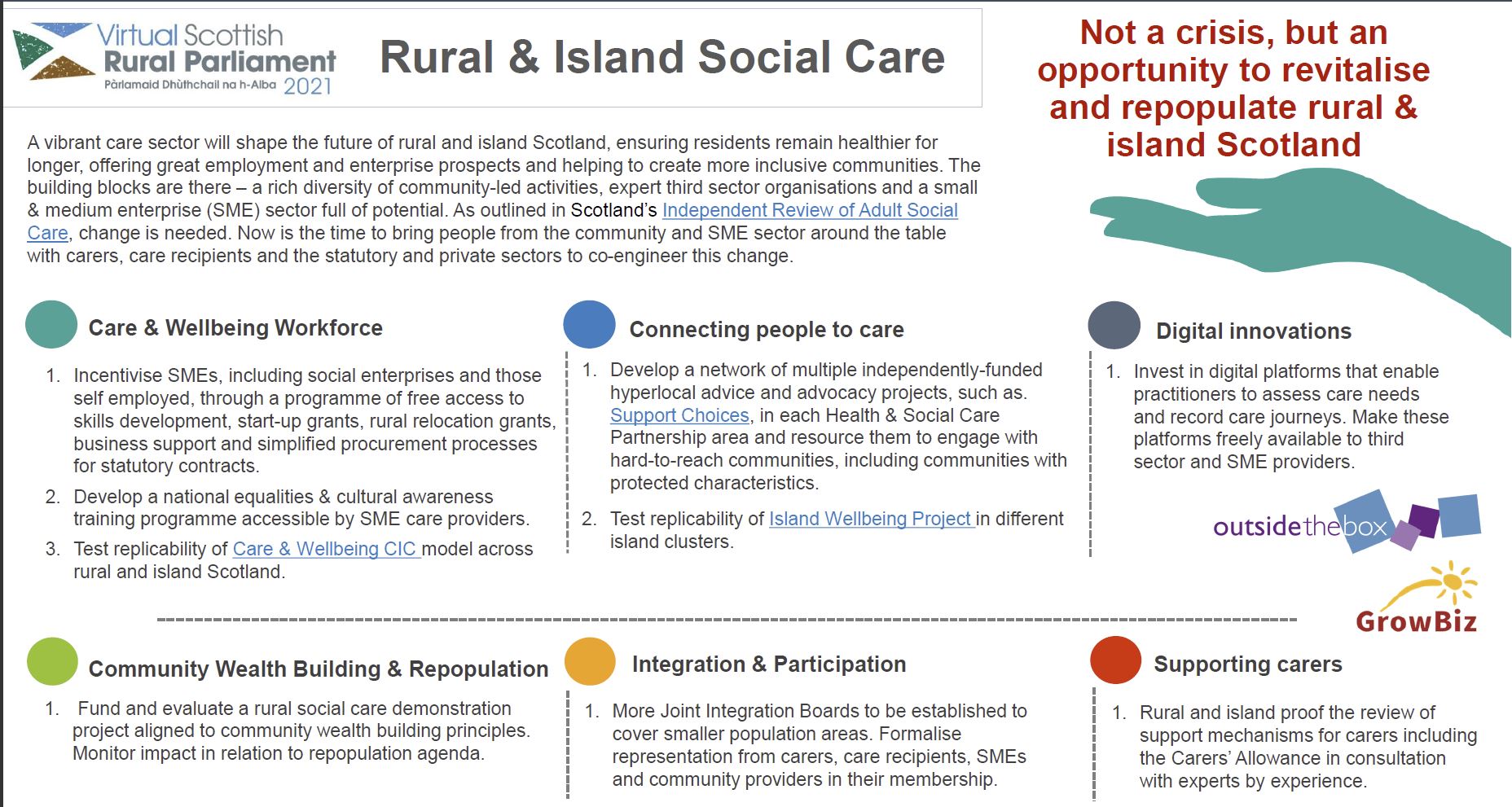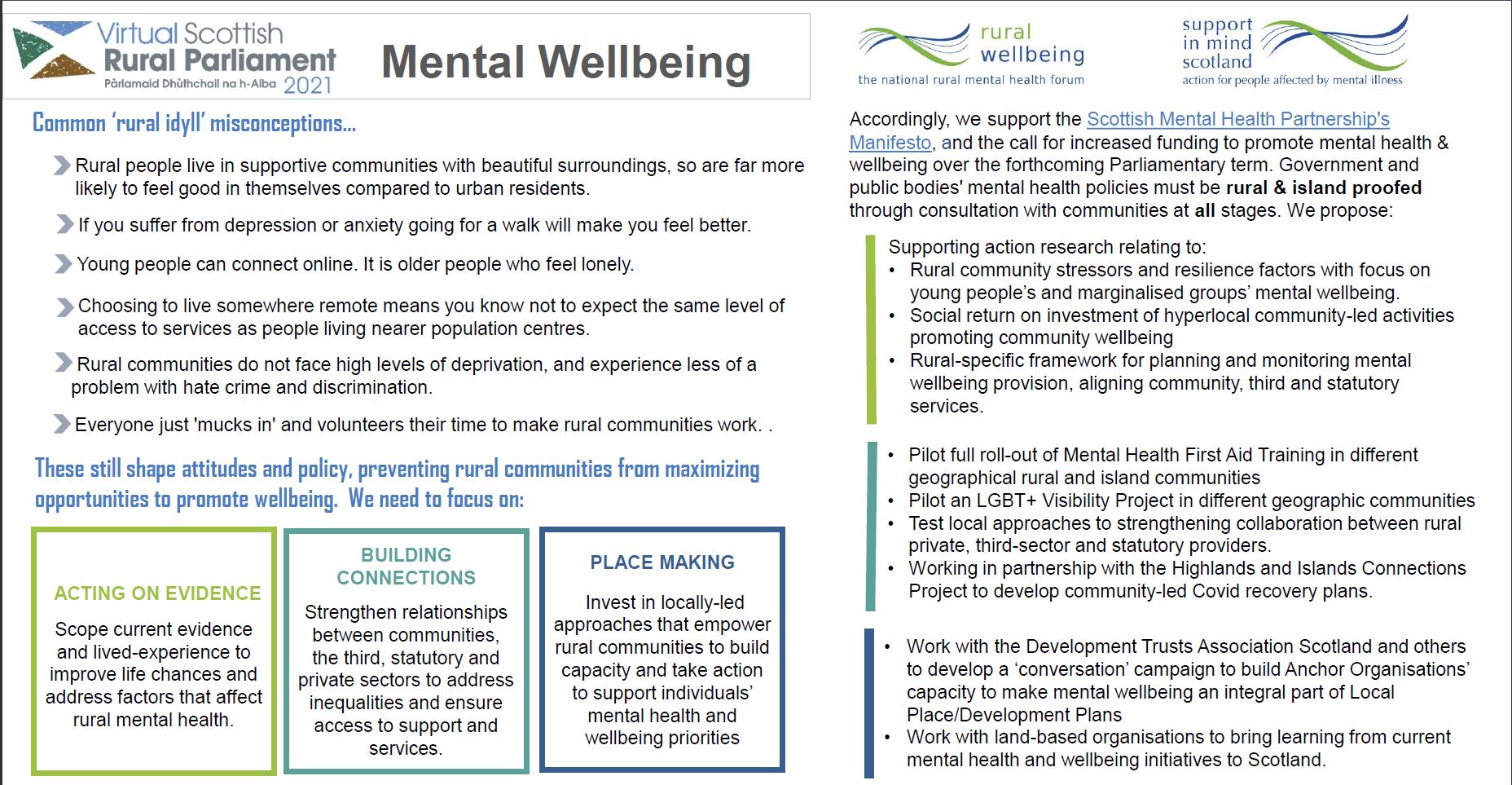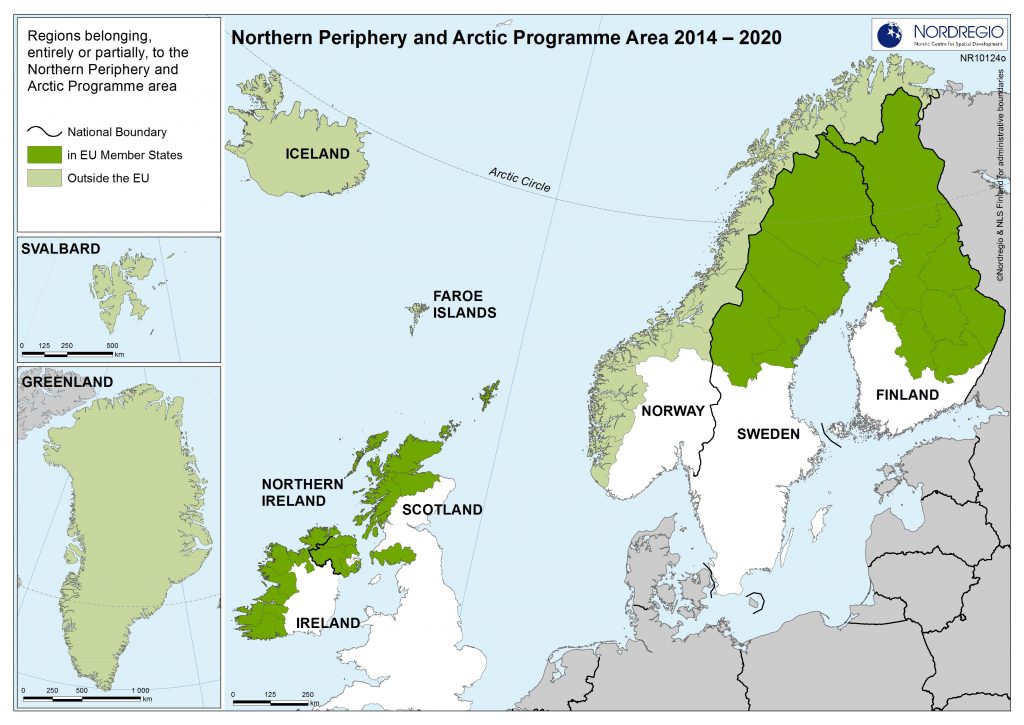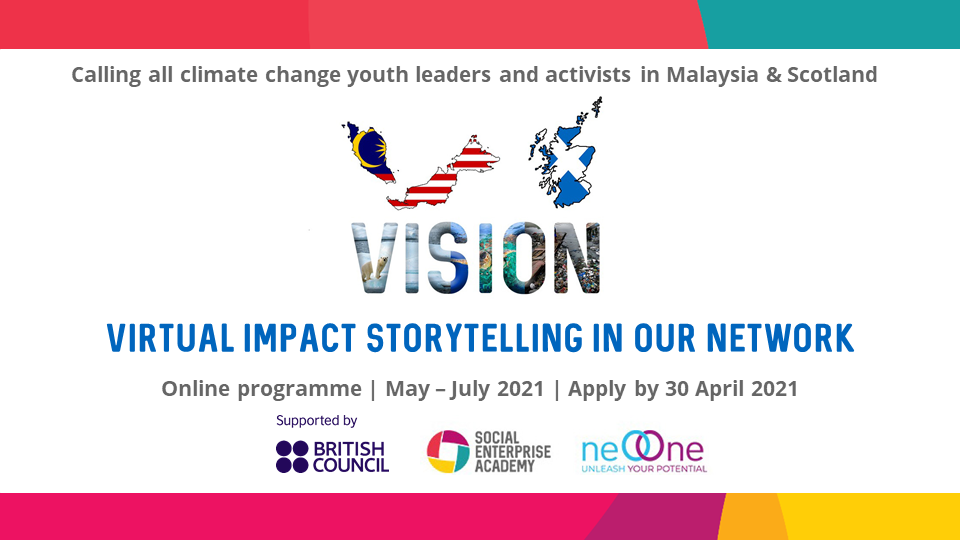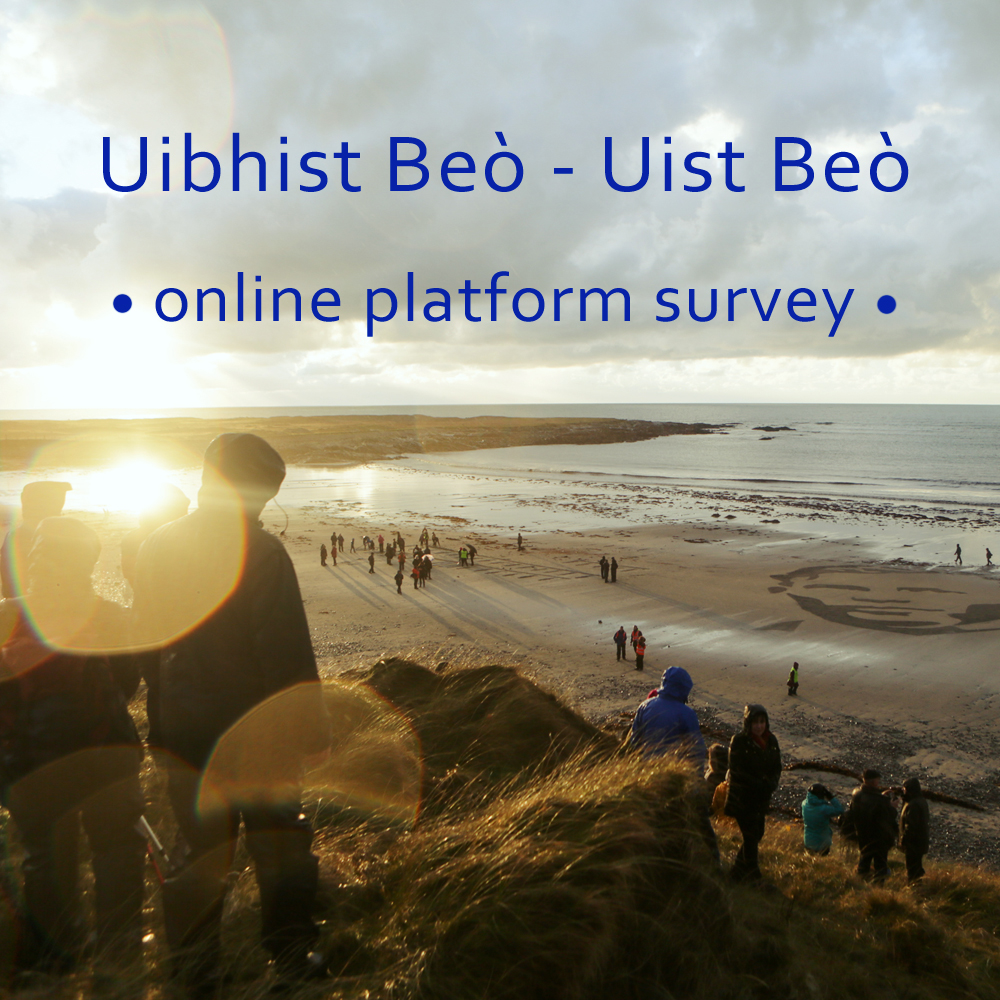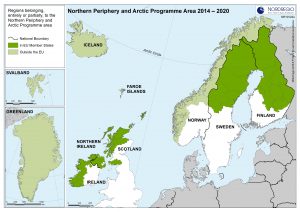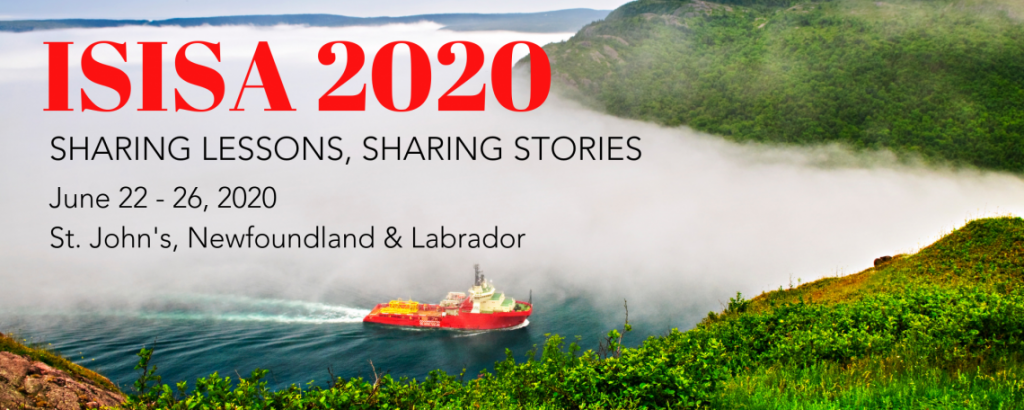… were some of the key themes in responses to CoDeL’s survey, targeted in particular at younger islanders on Uist and Barra. Here are some examples:
Resilience and social innovation would be particularly relevent to the current situation.
I’m sure your groups have covered resilience before, looking for more positive notes now is the time for the global population to wake up to the importance of our native and natural habitats, being environmentally aware, sustainable and not pushing mother nature to the limits that triggered this crisis. Uist is already doing well here, … what more can be done?
I think focussing on good news island stories around local economy and work, what you are already good at would be the best positive message at this time.
Strategies for staying strong, financial support for social enterprise resilience, positive messages.
It would be valuable to talk about how the current crisis could be used for positive social change after the crisis is over so we don’t just go back to how things were.
peer to peer learning is very valuable. What we want for our communities once this is all over. How to make it through.
I think looking at the wider economic potential in a positive light would be worthwhile.
How to organise mutual aid in situations like the current crisis. Finding ways in which we can collaborate beyond the crisis would also be helpful – whether pooling our resources and skills to organise creative get-togethers for the community to combat the lingering emotional impact of isolation, or to find new ways of working.
The survey sought views on what CoDeL as an organisation rooted in an island community could deliver over the internet during lockdown, to continue the work of the Smart Islands project.
Following the lead of the Social Enterprise Academy, CoDeL is primarily offering open sessions over Zoom. There was some interest in sessions and webinars on specific learning topics, and in one-to-one or small group coaching. There was far more interest in ‘open space’ sessions allowing peers to meet and share. In our next post we will report on the outcomes of the first of these sessions which are being held fortnightly.
Even before the Covid crisis, there was particular interest and energy for networking around issues of mental health, and this has become all the more important during lockdown: “I think it’s taking strain on each of us in varied and multiple ways.” So on the alternate weeks we will be organising ‘open space’ sessions focusing on mental health.
